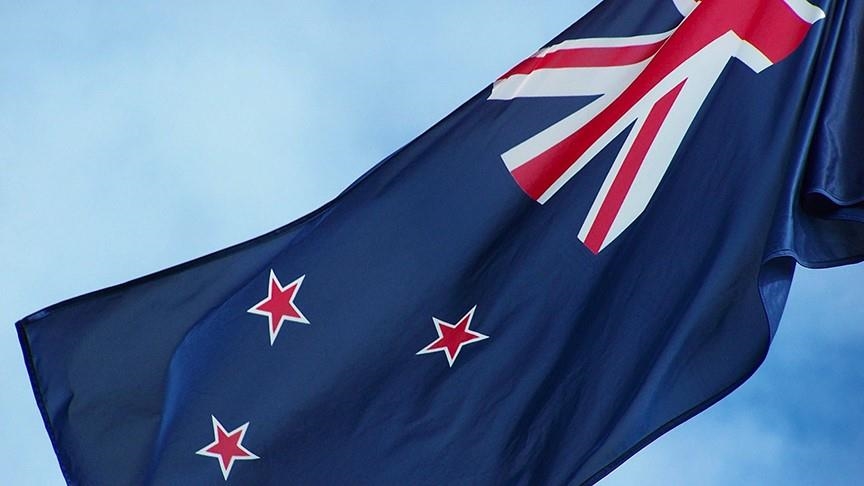New Zealand's parliament passed new counter-terrorism legislation on Thursday, granting more powers to security agencies in their efforts to fight terrorism, the country's immigration minister said.
The bill was part of a government move to implement the recommendation of a royal commission probe into the terror attacks in March 2019 on two mosques in the town of Christchurch, Kris Faafoi said in a statement.
- The Bill strengthens our laws to fight the ever evolving nature of terrorism and closes longstanding gaps in our counter terrorism legislation to better protect New Zealanders - Faafoi said.
- The new counter terrorism law's major change is to add the criminal offence of planning or preparation for a terrorist act - he added.
Under the new law, security agencies will also have powers to enter, search, and monitor premises without a warrant.
Weapons or combat training for terrorist purposes has also been criminalized, as has travelling to, from, or via New Zealand with the intent to carry out a terror offense.
It also expanded offences concerning terror financing to include "wider forms of support" such as goods and services.
- These changes bring our definition of a terrorist act into line with counter terrorism laws in other countries such as Australia and the United Kingdom, and mean we have the tools we need so we can act early to prevent, respond to, and disrupt terrorist activity - said the official.
- The nature of terrorism has changed. Across the world there are more lone actors, rather than larger organised groups; as we saw with the March 15 attack on mosques in Christchurch two years ago, and the attack on shoppers in a West Auckland supermarket earlier this month.-
Faafoi was referring to a knife attack in a supermarket on Sept. 3 that left six people wounded, three in critical condition. Police shot dead the "extremist" that Prime Minister Jacinda Ardern said was inspired by the Daesh terror group, also known as ISIS.
Brenton Tarrant, an Australian white supremacist who carried out the Christchurch attacks on March 15, 2019, had killed 51 people and injured 40 more at the Al Noor Mosque and Linwood Islamic Centre. He was sentenced to life in prison last year without the possibility of a parole.
The findings of a royal commission inquiry, which was formed to find out whether the attack could have been prevented, had been presented in parliament last year.
The 792-page report, which took about 18 months to compile, had identified deficiencies in the firearms licensing system, as well as "inappropriate concentration of resources" on the part of security agencies.
It had made a list of recommendations, including changes to how firearms are managed, establishing a new national intelligence and security agency and a proposal for the police to better identify and respond to hate crimes.
